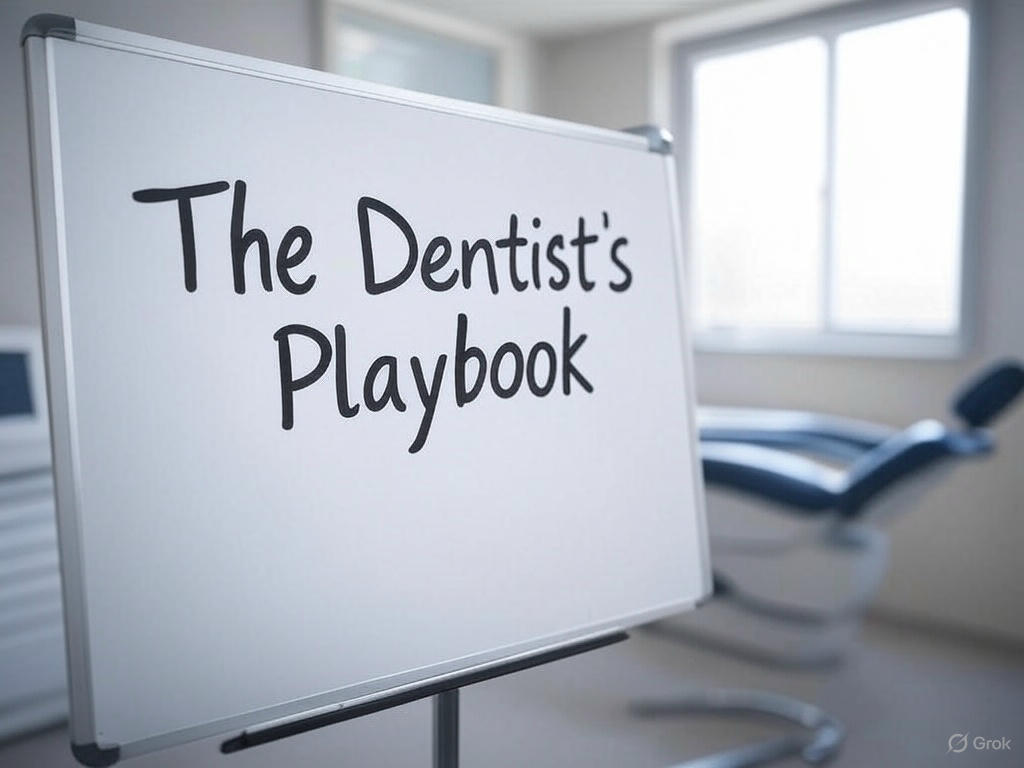Taking care of your teeth isn’t just about having a great smile. It’s about staying healthy, avoiding pain, and keeping your dental costs down. Many people wait too long to fix small issues—and those small issues turn into big problems fast. In this guide, we’ll talk about the most common dental problems, what causes them, and how to fix them. We’ll also share expert tips you can use every day to protect your mouth.
Let’s break it down together.
Struggling with Tooth Sensitivity?
Many patients come into the office saying, “My teeth hurt when I drink cold water or eat ice cream.” This is a common problem, and there are simple solutions.
What Causes Sensitive Teeth?
Tooth sensitivity happens when the enamel, the hard outer layer, wears down. This can be from:
- Brushing too hard
- Grinding your teeth (called bruxism)
- Gum recession
- Tooth decay or a crack
- Acidic foods and drinks
When enamel gets thin, the dentin underneath gets exposed. This layer has tiny tubes that connect to your tooth’s nerve. Cold, hot, sweet, or even air can cause pain.
How Can You Treat Sensitive Teeth?
The good news? There are solutions. A fluoride treatment in your dentist’s office can help strengthen enamel. Using desensitizing toothpaste (like one with potassium nitrate) can also block the pain. In some cases, we may suggest bonding agents or even a small filling to cover exposed areas. Avoiding acidic foods and switching to a soft-bristled toothbrush can also help a lot.
Kids Hating the Dentist? Here’s What Parents Can Do
A lot of kids get scared of the dentist, and that can lead to lifelong dental problems. But we can help them feel safe and even excited about coming in.
Why Dental Fear Starts Early
Children often get anxious due to:
- Fear of pain
- Bad past experiences
- The sound and look of tools
- Stories from friends or movies
This fear can lead to skipped checkups and poor dental hygiene.
Ways to Help Kids Love the Dentist
We use pediatric behavior techniques that make visits fun. Simple things like letting them hold a mirror, using child-friendly language (“tooth tickler” instead of “drill”), and offering small rewards make a big difference. Parents should also avoid using words like “hurt” or “shot” when talking about the visit. Reading books about the dentist and visiting early—by age one—can help build trust.
The Hidden Cost of Skipping Dental Checkups
It might seem easy to put off a cleaning or exam. But doing so can end up costing you more—both in pain and money.
How Small Problems Become Big
A small cavity can turn into a large infection if ignored. What starts as a $150 filling can turn into a $1500 root canal or even a $2500 dental implant if the tooth is lost.
Many people also don’t realize that gum disease—which often starts with no pain—can lead to tooth loss, bone damage, and even health issues like heart disease and diabetes complications.
Prevention Is Always Cheaper
We recommend coming in every six months for cleanings and exams. We also use digital X-rays to catch early signs of decay. Brushing twice a day with fluoride toothpaste and flossing daily can also save you from big problems down the road.
Are You Embarrassed by Your Smile?
You’re not alone. Many adults avoid smiling or taking pictures because of chipped, stained, or uneven teeth.
How Smile Issues Affect Confidence
A smile says a lot. It helps you connect with others, feel confident, and show who you are. But if you’re hiding your teeth, it can affect your self-esteem and even your career.
Common cosmetic concerns include:
- Yellow or stained teeth
- Crooked or crowded teeth
- Gaps or uneven shapes
- Chips or cracks
Simple Solutions for a Better Smile
Today, we offer teeth whitening, veneers, and clear aligners like Invisalign® that work fast and look natural. Even small changes—like tooth reshaping or replacing old fillings—can make a huge difference. We’ll design a treatment plan that fits your budget and your goals.
Gum Disease: The Silent Threat to Your Health
Many people don’t know they have periodontal disease until it’s serious. It often starts with swollen or bleeding gums.
Early Signs of Gum Problems
If your gums bleed when you brush, that’s not normal. Other signs include:
- Red, swollen gums
- Bad breath that doesn’t go away
- Loose teeth
- Gums pulling back from teeth
These are signs of gingivitis, the early stage of gum disease.
How We Treat and Prevent Gum Disease
Treatment starts with a deep cleaning called scaling and root planing. In more serious cases, we may use antibiotic therapy or laser treatment to remove infected tissue.
Daily brushing, flossing, and using an antibacterial mouth rinse can stop gum disease before it starts.
Dental Emergencies: What to Do Before You Get to the Clinic
Accidents happen—whether it’s a knocked-out tooth or a sudden toothache. Acting fast can save your tooth.
Common Dental Emergencies
- Cracked or broken tooth
- Knocked-out tooth
- Severe toothache or swelling
- Lost crown or filling
- Object stuck between teeth
First Aid Tips Until You See a Dentist
- Tooth knocked out? Place it in milk or saliva and get to the dentist within 30 minutes.
- Broken tooth? Rinse your mouth and apply a cold compress.
- Toothache? Use over-the-counter pain relievers, but never put aspirin directly on the tooth.
Call us right away. Many dental clinics offer same-day emergency care.
Conclusion: Your Smile Is Worth Protecting
Taking care of your mouth doesn’t have to be scary, painful, or expensive. With regular checkups, daily care, and early treatment, you can avoid most dental problems. And when something does come up, we’re here with smart, gentle solutions that work.
Remember, your teeth are part of your whole body. A healthy mouth means a healthier you. So brush, floss, and don’t skip those visits.
We’re not just fixing teeth—we’re helping you smile for life.





